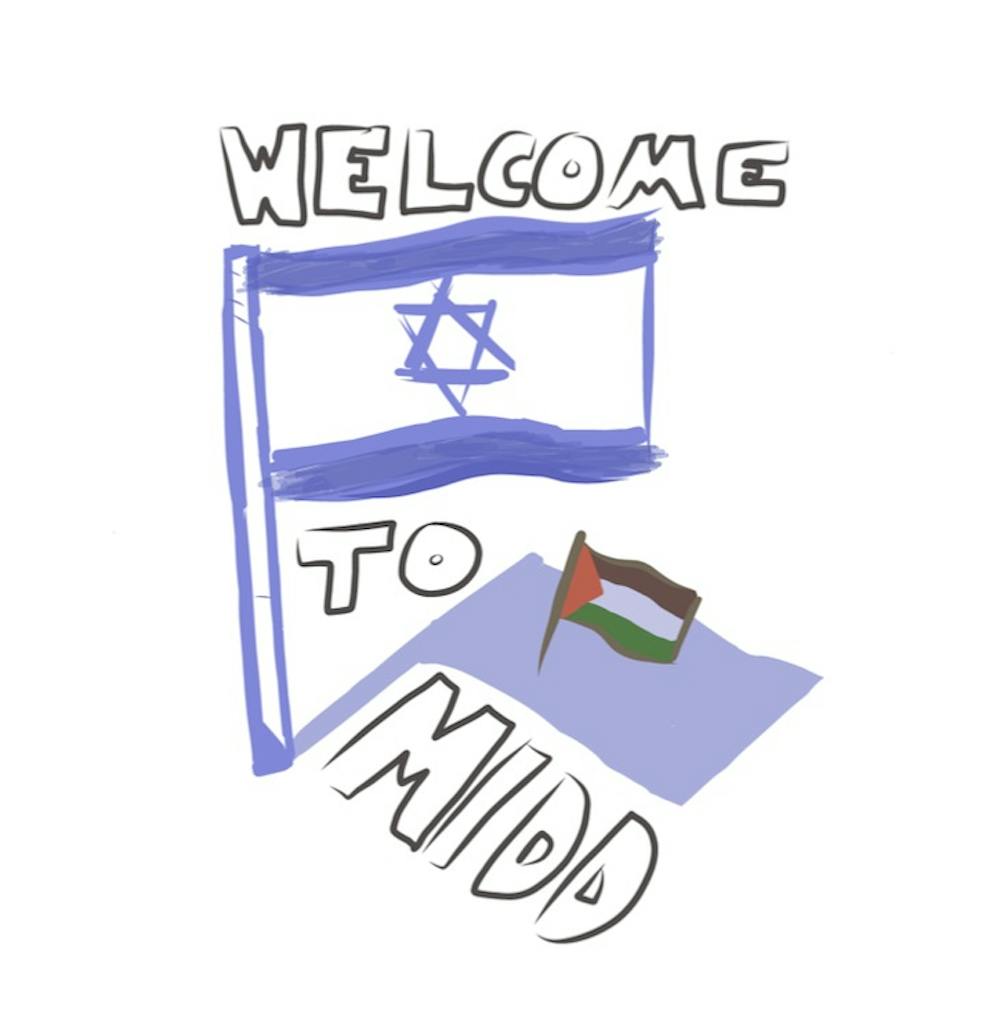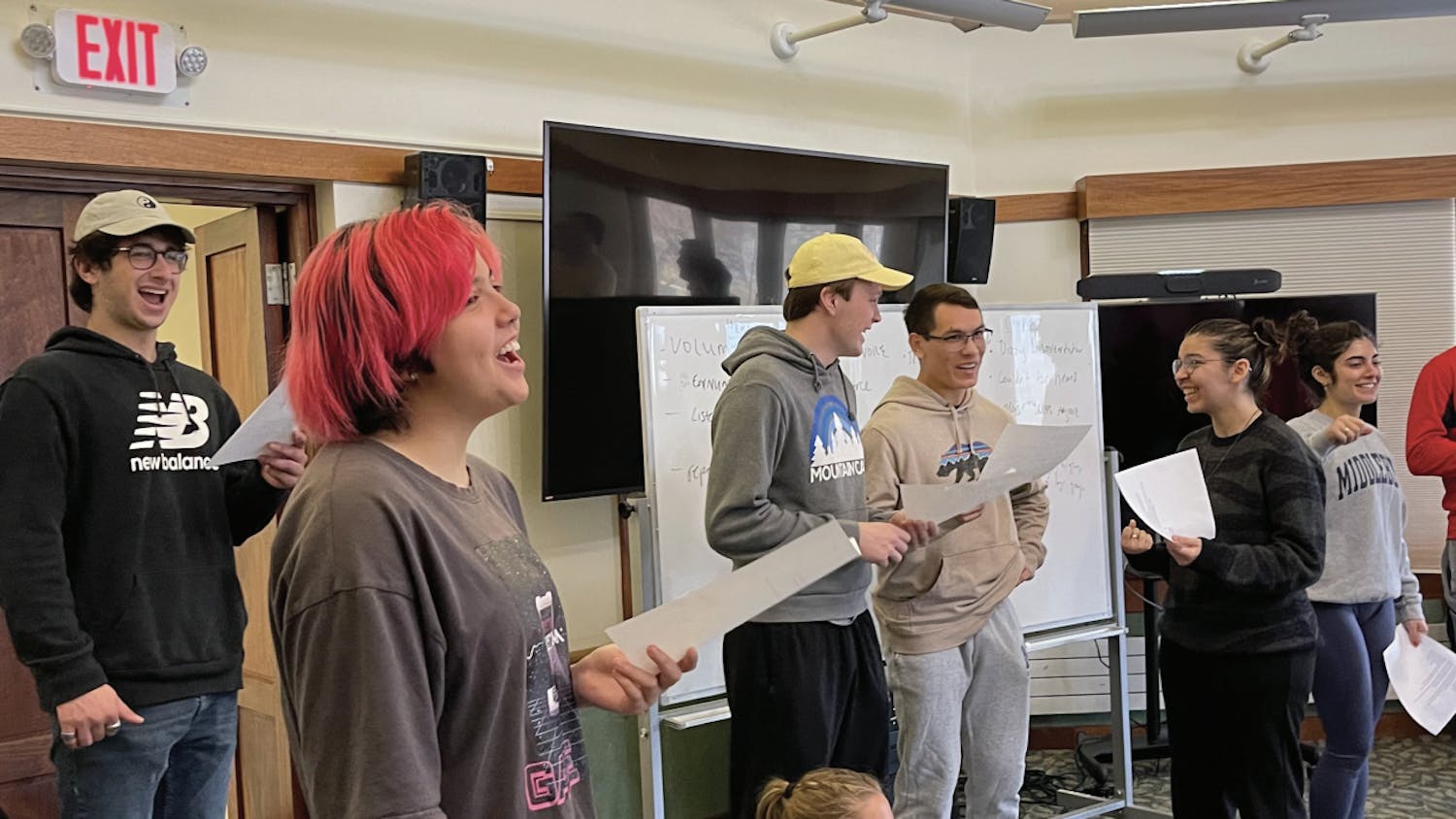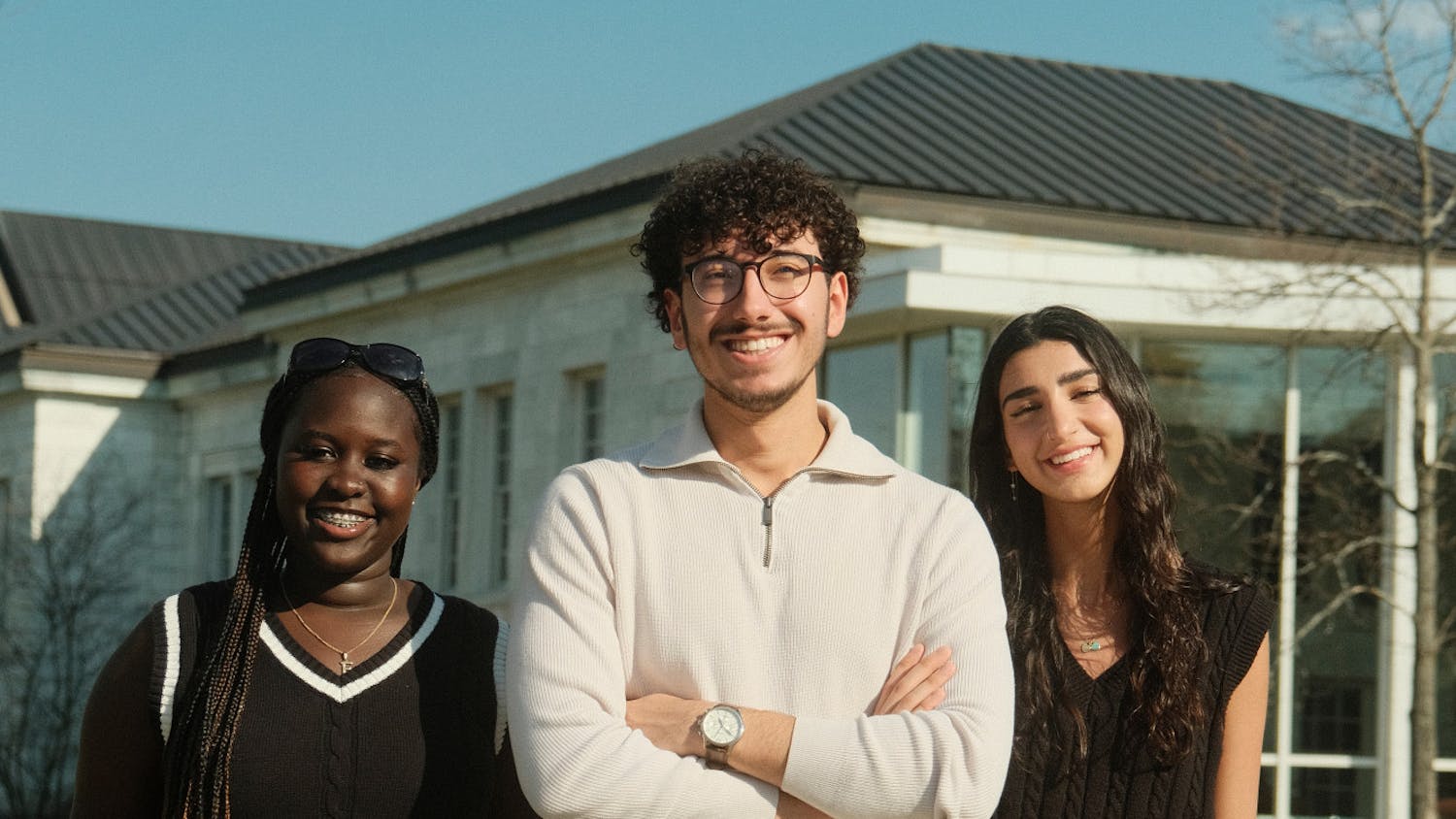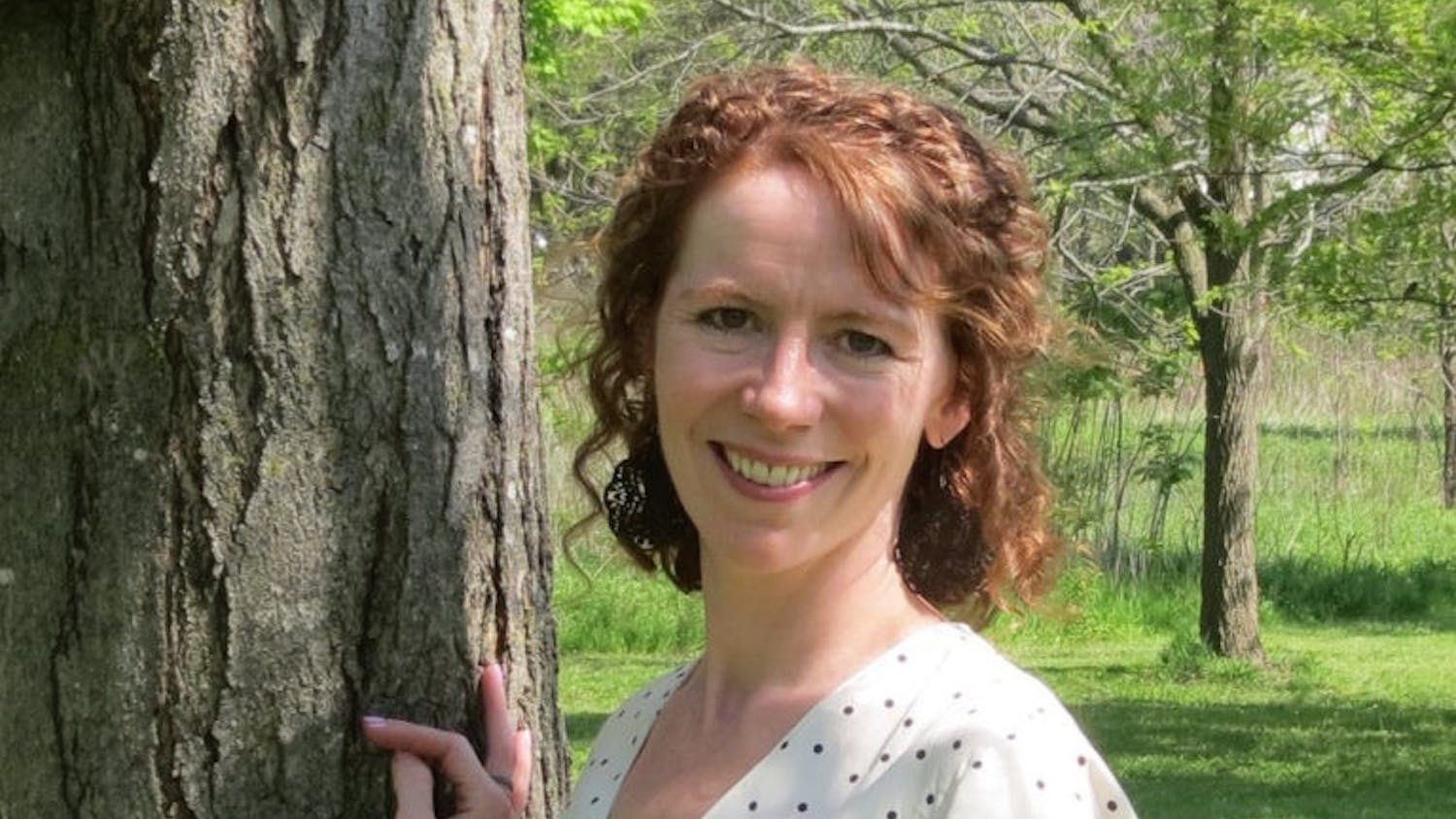Israel has been changing in character to become a more authoritarian regime. There has been a documented increase in settler violence, acts of terror, far-right ideology and, of course, democratic backsliding due to ongoing judicial “reforms.” To understand this trend, as many political scientists all over the world and at Middlebury are attempting to do, there seem to be two distinct “critical” narratives that emerge. The first narrative is a predominantly liberal Zionist view that Israel’s shift to authoritarianism is unexpected and requires protest, and, second, a view held by more radical voices, is that this “shift” is the logical conclusion to the contradictions inherent in a state that forcibly displaced hundreds of thousands of Palestinians (and is continually trying to).
To illustrate better what I mean by these two types of narratives, I want to be clear that I am in no way saying that Israelis cannot be pro-Palestinian or adopt a radical anaylsis of current events. For instance, Robert R. Churchill Professor of Geosciences Tamar Mayer gave a talk April 10 outlining the historical context for the right wing shift in Israel and the key players in the nation’s march toward passing the judicial “reforms.” Mayer’s talk incorporated Palestinian perspectives when discussing the nuances of Palestinian hesitance to join the protests against the reforms. Many radical scholars would call the protest movement a “struggle within a struggle,” noting that the kind of “democracy” being defended does not reflect a demand for equality for all. What was missing from this talk and many others was a Palestinian narrative, which is not a single essentialized thing, but is rather, as Palestinian-American academic Edward Said explained, the common experience of oppression and dispossession that exists across generations and throughout the entire world for Palestinians.
Growing up in a Jewish community that did not adequately educate me about the plight of the Palestinian people, I came to Middlebury wanting to hear from as many Palestinian voices as possible. Especially because of recent political trends, I have gone to most of the events about Israel and Palestine in the past two years, and, unfortunately, I have seen how the discourse at Middlebury is dominated by non-Palestinian perspectives, which reflects deeper dynamics of fear experienced at the college. I want to make it clear that these very dynamics make the stakes of writing this article high: I had to omit from this article many conversations with students, staff and faculty on campus involved with Palestinian justice work due to their fear of repercussions, whether from organizations that collect information on critics of Israel or from those who misconstrue criticism of Israel as antisemitism.
Palestinian activism seemed to be on the rise in the past few years at Middlebury. In 2019, a demonstration led by the college’s Students for Justice in Palestine (SJP) chapter sent a message to a visiting Israeli diplomat that whitewashing crimes committed by the Israeli Defense Forces will not be tolerated, and again in 2020, a talk about the U.S.-Israel military partnership by a former ambassador was met with contested protests. Activism seemed to peak in May of 2021 with a large SJP campaign about the operation in Gaza. Since then, there has been a considerable decline, as seen by the current inactive status of SJP. There have been only two events that focus on Palestinians; one in the fall of 2021 about Palestinian political expression, and the other in fall of 2022, an Arabic department reading of famous Palestinian poet Mahmoud Darwish’s work, which did not explicitly center Palestinian issues.
Conversely, there have been more events about Israel than ever: Students and faculty are requesting the speakers, and they come. Interestingly, this is coming at a time when there is less consistent resistance to the events like there was in the past, and those being invited comprise some of the most left-wing voices in Israel. Just take the names of the eleven Israel events that have happened in the past two years: Two of the events were criticisms of Israeli’s rightward shift, two outlined movements in Israel to call for inclusivity and left-wing values, one detailed early alternatives to mainstream Zionism, one was a movie screening of an Israeli lawyer defending Palestinians and then two “apolitical” events were about cybersecurity and motherhood in Israel. Just in the past week, there were three events, a talk given by a member of the biggest band in Israel, a conversation with an Israeli trans activist and a movie about a shooting that featured Arab voices.
To caution against superficial, band-aid solutions that hyperfixate on numerical parity of events, I want to clarify that my proposed solution is not to simply increase Palestine events on campus and/or decrease Israel ones. I am instead proposing that a framework of liberation be utilized by faculty and administration to account for power imbalances and historical injustice. For instance, I have personally found some of the Israeli speakers who have contributed novel research and interesting ideas about Zionism and Israeli oppression very insightful, but I understand that none can offer vital, personal experiences of the ongoing injustice since the creation of the state of Israel.
Now you might be asking, why is nothing being done to bring Palestinian voices to Middlebury? Through many conversations, I have uncovered lots of complex and simple answers, but one of the most stark is the well-documented silencing of pro-Palestinian faculty on college campuses. Professor of History Febe Armanios reflected on how this dynamic plays out here at Middlebury with untenured faculty. “Despite its two centuries of engagement with the Middle East — whether through Christian missionaries or study abroad programs — and its pioneering efforts to promote the study of Arabic, Middlebury hasn’t been immune to national trends,” Armanios said. “Campus culture has often made it difficult for untenured faculty to speak about the complexity of these issues and to teach about Palestinian perspectives, identity and history.”
This campus culture is not limited to professors, and has caused much hostility towards Palestinian students as well. Huthefa Maalim ’24.5, who is not Palestinian but has been a part of SJP during his time at Middlebury, reflected specifically on the challenges of bringing Palestinian voices to campus. “Middlebury needs more diversity of political thought. This is made harder when those of us who are passionate about the Palestinian cause have to be careful when expressing our opinions for fear of negative repercussions that might ensue. We are afraid to risk our image, career prospects or even for some of my Palestinian friends, the ability to return home to their families,” Maalim said.
However, Maalim remained hopeful about the capacity for students to transcend these problems and take part in the long tradition of Palestinian activism on campus. “I am encouraged by Middlebury students’ zeal for knowledge and believe that if provided with enough information they will unite to advocate for justice and equality. That is why clubs like SJP are important and should be revived,” he said.
I too feel hopeful about student activism and keeping our community connected and educated about Palestinian justice. I would urge anyone reading this who wants to stay informed on future happenings and to express interest in getting involved to follow @sjp_middlebury on Instagram.




